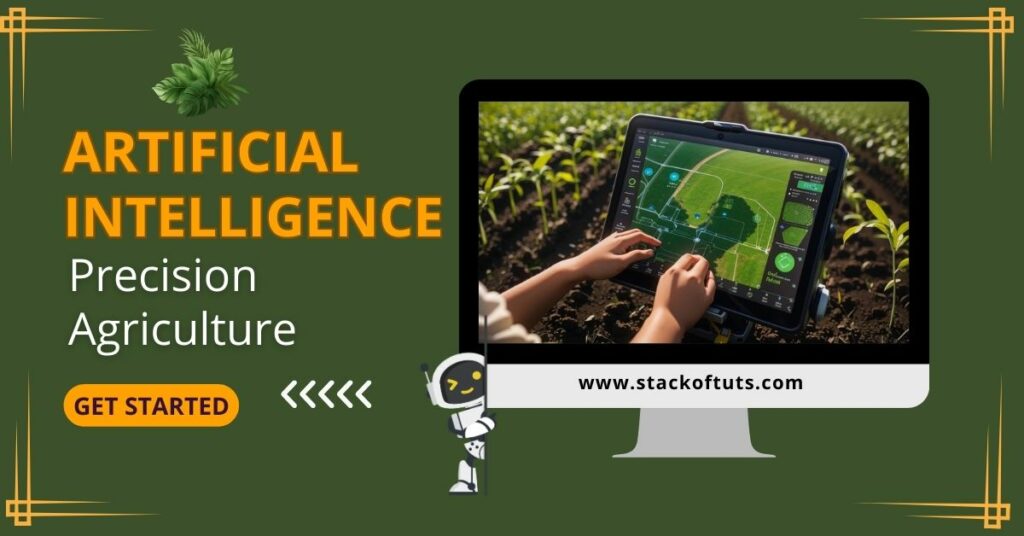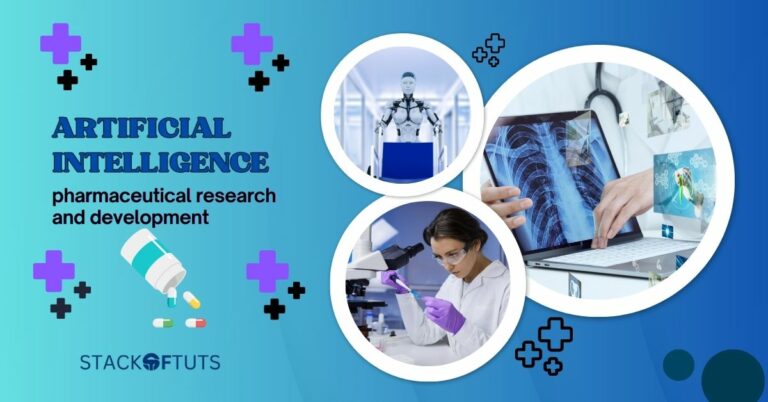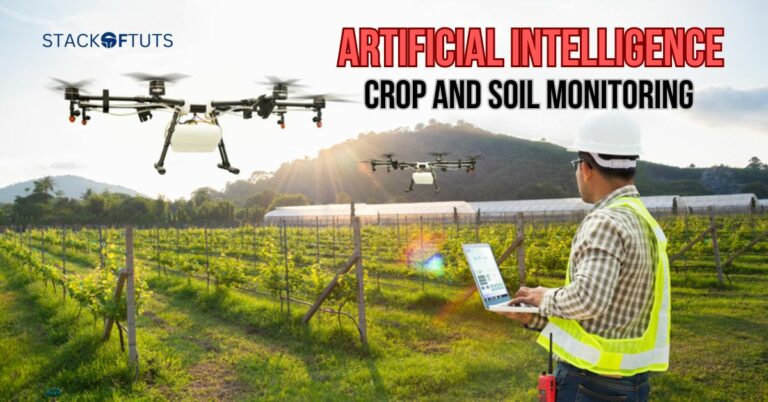
In the realm of modern farming, precision agriculture using artificial intelligence (AI) has emerged as a transformative approach to agriculture. This practice harnesses the power of technology and data-driven insights to optimize crop yields, conserve resources, and increase profitability. But what does precision agriculture using artificial intelligence truly entail? Let’s break it down step by step, ensuring a clear understanding for all readers.
For a complete guide also read about Artificial intelligence used in Agriculture dive into this link for exclusive insights and captivating discoveries!
Introduction to Precision Agriculture
Precision agriculture is a farming management concept based on observing, measuring, and responding to inter- and intra-field variability in crops. With the integration of artificial intelligence, this process becomes highly advanced, allowing farmers to leverage large datasets and predictive analytics to make more informed decisions.
The Role of Artificial Intelligence in Precision Agriculture
AI in precision agriculture can be likened to the brain behind the operation, interpreting vast amounts of data, learning from it, and providing actionable insights. Here’s how:
1). Data Collection and Analysis

AI systems can process enormous datasets, such as soil samples, weather patterns, and plant health. By doing so, these systems can recognize patterns and anomalies that would be impossible for humans to identify without technology.
2). Predictive Analytics

AI not only processes data but also predicts future outcomes. For instance, an AI system can forecast potential pest outbreaks or suggest optimal planting times based on future weather predictions.
3). Automation

Through the data insights gathered, AI can direct autonomous farming equipment, such as tractors or drones, to perform specific tasks at precise locations, ensuring efficiency and accuracy.
Benefits of Precision Agriculture Using Artificial Intelligence
1). Enhanced Crop Yields

By pinpointing exactly when, where, and how to plant, AI in precision agriculture ensures that each seed has the best chance of reaching its full potential, thus boosting yields.
2). Resource Conservation

Precision agriculture ensures resources like water, fertilizers, and pesticides are used judiciously. AI takes it a step further by predicting exactly how much of each resource is needed and where preventing waste.
3). Reduced Costs

By optimizing the use of resources and increasing yields, farmers can achieve higher profits. Automated equipment can also save labor costs in the long run.
4). Environmental Benefits

By utilizing resources more efficiently, there’s less runoff of chemicals into waterways and a reduced carbon footprint from farming operations.
Challenges of Implementing AI in Precision Agriculture

- High Initial Costs: Deploying AI-driven systems, from sensors to drones, requires significant capital investment.
- Data Overload: AI systems generate vast amounts of data, which can be overwhelming and challenging to manage and interpret.
- Integration with Existing Systems: Many farms already have legacy systems in place, and integrating new AI technologies can be complex.
- Skill Gap: There’s a need for skilled personnel to operate and maintain AI-driven tools. Many farmers might not have the necessary expertise or access to experts.
- Data Privacy Concerns: The data collected, especially if stored in cloud-based systems, can be vulnerable to breaches.
How do overcome these challenges?

- Phased Investment: Instead of a complete overhaul, gradually introduce AI tools and systems to spread out costs over time.
- Effective Data Management: Use advanced data analytics tools and hire or train data specialists to handle and interpret the vast amount of information.
- Hybrid Solutions: Look for AI tools that are designed to be compatible with existing farm systems or opt for solutions that offer integration services.
- Training and Education: Invest in training sessions for farmers and farm workers to bridge the skill gap. Collaboration with tech institutions can also be beneficial.
- Prioritize Data Security: Choose AI solutions that emphasize data encryption and other security measures. Regularly update and patch systems to guard against potential threats.
FAQs
Precision agriculture with AI refers to the use of artificial intelligence tools and systems in farming to increase efficiency, productivity, and sustainability. This can include data analysis, predictive modeling, and automation of tasks.
While traditional precision agriculture relies on tools like GPS and basic data analysis, integrating AI allows for more in-depth insights, predictions based on complex data, and automation. It can process vast amounts of data from various sources and predict future outcomes, such as weather changes or pest outbreaks
AI can analyze a wide range of data, including soil quality, moisture levels, weather patterns, crop health, and even market demand. This comprehensive analysis allows farmers to make well-informed decisions about planting, irrigation, harvesting, and more.
While AI offers numerous advantages, there are challenges to consider. These include the initial cost of technology, the need for training in AI tools, concerns about data security, and the potential reliance on technology over traditional farming wisdom.
Conclusion
Precision agriculture using artificial intelligence is revolutionizing the farming landscape. With its ability to process vast amounts of data, predict outcomes, and automate farming tasks, AI offers a future of farming that is more efficient, cost-effective, and sustainable. As we continue to harness this technology, the potential for global agricultural transformation is immense.
Thanks!





